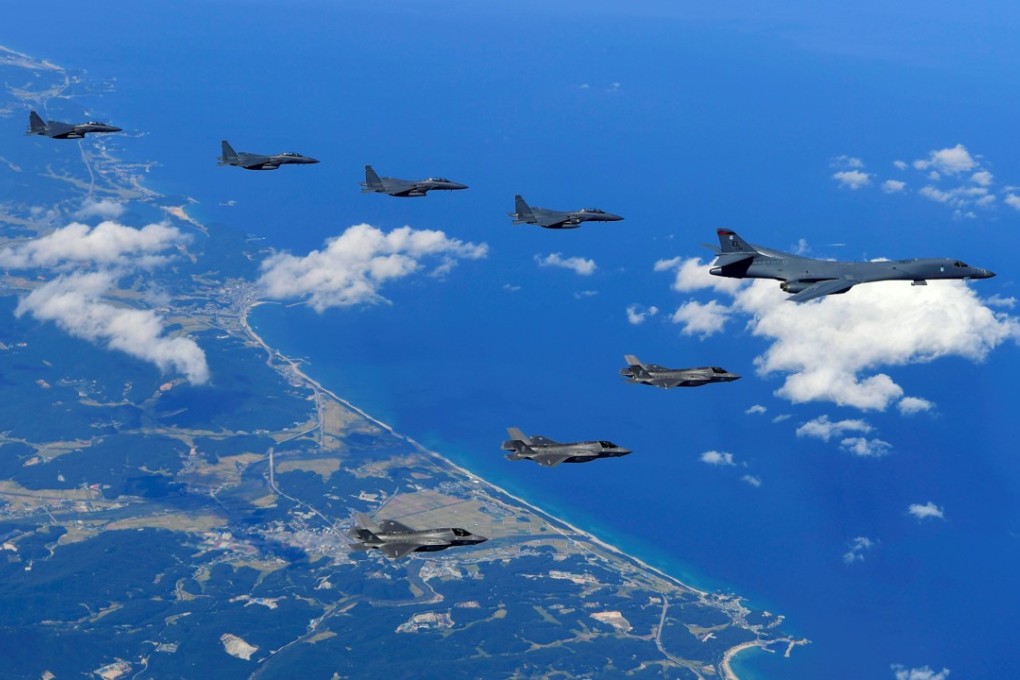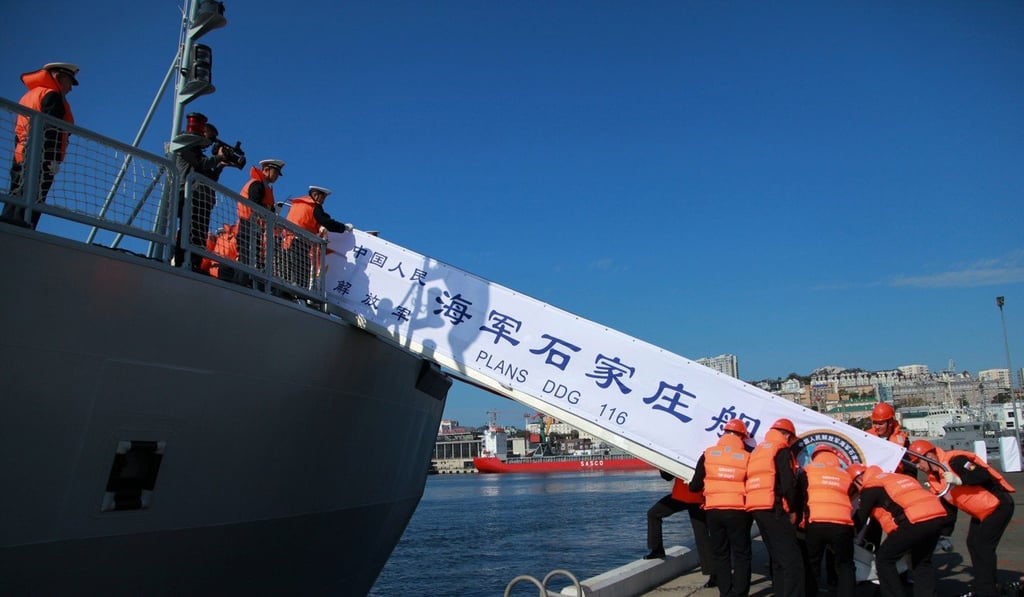China calls for peace talks to halt ‘vicious cycle’ in North Korean nuclear crisis
Foreign Minister Wang Yi reiterates Beijing’s desire for dialogue in meeting with Russian counterpart to discuss situation

The vicious cycle facing the Korean peninsula was deepening and a resumption of peaceful dialogue was crucial to resolve the crisis, China’s Foreign Minister Wang Yi warned on Monday.
Wang made the remarks in talks with his Russian counterpart Sergey Lavrov on the sidelines of the United Nations General Assembly in New York.
US President Donald Trump is expected to press China and Russia to exert more pressure to force North Korea to stop its nuclear ambitions.
China and Russia – both permanent members of the UN Security Council – voted for the new sanctions against North Korea last week, but they are both against tough measures that will topple Kim Jong-un’s regime and agreed to cooperate over the matter.

“The current deepening vicious cycle must be broken. Resuming peace talks is an equally important step in implementing Security Council resolutions,” Wang was quoted as saying in a Chinese foreign ministry statement.